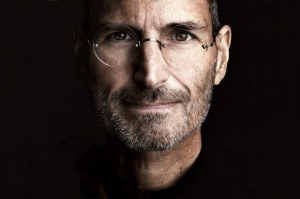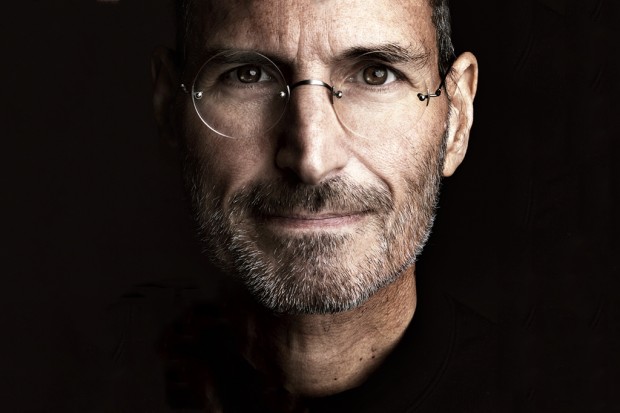The legacy of an individual is never easy to grasp. When that person helped create the world’s most valuable company in his parent’s garage, the  writing and analysis becomes even more complicated. Walter Isaacson tackled this challenge with Steve Jobs, the personally-authorized biography of Apple’s figurehead and ideologue. Isaacson is known for his previous biographies of Albert Einstein, Benjamin Franklin and Henry Kissinger.
writing and analysis becomes even more complicated. Walter Isaacson tackled this challenge with Steve Jobs, the personally-authorized biography of Apple’s figurehead and ideologue. Isaacson is known for his previous biographies of Albert Einstein, Benjamin Franklin and Henry Kissinger.
Isaacson wondered, half-jokingly, whether Jobs “saw himself as the natural successor in that sequence.” Jobs picked Isaacson to do his biography, but for years Isaacson refused, citing a life’s work yet unfinished. It was during his second medical leave that Isaacson heeded the warning from Jobs’ wife, Laurene Powell that, “…you’d better do it now.”
The biography itself is detailed and balanced; showing both the care Jobs put into his work and the effectiveness with which he made people hurt. His successes and faults are laid bare for the reader to absorb. This is excellent work from the author, but could cause some Steve sycophants to lash out. Though always said with some amount of humor, the “cult of Mac” instilled in its followers a tendency to overlook, and indeed ignore, their leader’s shortcomings.
Isaacson provides incredible insight into a person’s life and company that prided itself, even fought vigorously for, privacy. The reader learns early on that the enormous steps Apple accomplished in its industry were made possible through the environment Jobs created. Jobs was known for asking things from people that they felt were impossible. This was known as his “reality-distortion field,” in which the limits of reality were blown away and new ideas emerged.
“Because I didn’t know it couldn’t be done, I was enabled to do it,” Bill Atkinson, an early graphics designer for Apple, said. Combine Steve Jobs’ desire for the impossible with the incessant need for perfection, and you have someone who sets themselves up for disappointment. Unfortunately for those around him, his disappointment was reflected in his anger, which frequently alienated
friends and destroyed business relationships for Apple. Ann Bowers, whose only position at Apple was described as the “calming mother figure” acutely noted that Jobs was “self-aware, but that didn’t always modify his behavior.”
The book was Jobs’ way of getting his side of “the story” told. He understood he wouldn’t like everything said about him in the book, but knew Isaacson would do his due diligence and write fairly.
Isaacson explores defining points in the life of Steve Jobs, beginning with the acknowledgement of his adoption to his frequent bouts of enlightenment gained from treks to the Middle East and use of psychoactive drugs (mainly LSD). His ouster (and eventual return) at Apple is well-documented, as well as his lesser-known accomplishments at Pixar, where iconic films such as Toy Story and A Bug’s Life (the cause of huge rifts with DreamWorks, which was creating Antz at the time) were created.
Isaacson is able to coherently string a thread through the entirety of Jobs’ life: the personal, the political, and the professional. Throughout all of his successes and failures, there is always a common theme: simplicity. Jony Ive, Apple’s Chief Designer and confidante of Jobs, held the same philosophy and described it saying, “As you bring order to complexity, you find a way to make the product defer to you.” What Jobs wanted more than fame or credit or wealth was control. It was what made him and his products so revered and lasting. And yet, it eluded him in the end.
His Zen mindset of peace and serenity often conflicted with the harsh and stressful business environment he nurtured. Control was one thing his cancer refused to cede him. Depression due to his illness could not be staved off; it was a condition he embraced. “When you have feelings,” he said, “like sadness or anger about your cancer or your plight, to mask them is to lead an artificial life.” Embellishment was not something Jobs tolerated from other people, though more than dabbled in himself. Isaacson turns the tables in a biography that is captivating, inspiring, and fair to the man who made typing this review and printing this paper possible.

